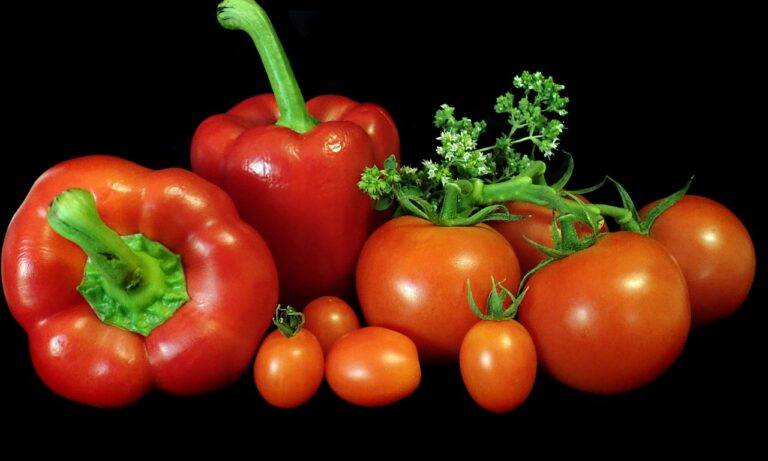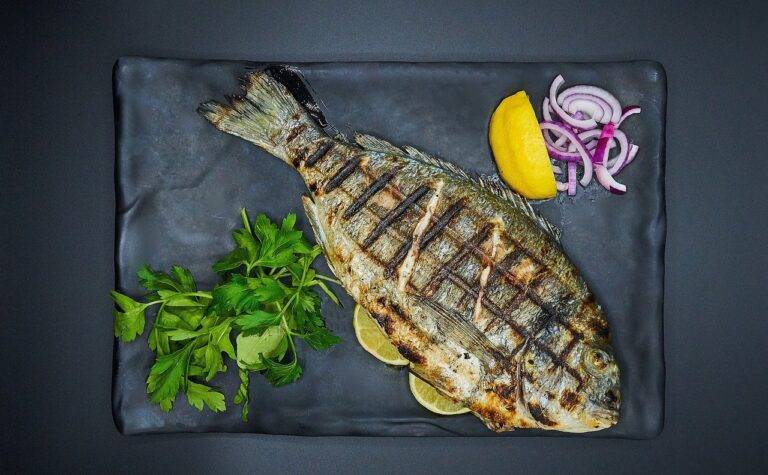Exploring Culinary Memoirs and Their Influence
Culinary memoirs offer a unique glimpse into the intimate relationship individuals have with food. These narratives serve as a window into the past, allowing readers to explore the memories, emotions, and experiences tied to specific dishes and culinary traditions. Through these personal food journeys, readers are invited to connect with the author on a deeper level, sharing in the joys, challenges, and revelations that come with each meal shared and recipe passed down through generations.
The act of documenting one’s culinary adventures not only preserves cherished recipes but also captures the essence of cultural identity and heritage. As authors recount their food journeys, they provide valuable insight into the rituals, customs, and traditions that shape their culinary practices. Whether exploring the comfort of home-cooked meals or the excitement of trying new cuisines, culinary memoirs celebrate the diversity and richness of food experiences across different cultures and generations.
The Intersection of Food and Memory in Memoirs
Food has a unique ability to evoke powerful memories from our past. In memoirs, authors often use descriptions of food as a way to transport readers back in time to specific moments or emotions. These culinary references not only provide sensory details but also serve as a window into the author’s personal history and cultural background.
Through the lens of food, memoirs offer a profound exploration of identity and belonging. The dishes and flavors that authors choose to highlight in their narratives can reveal their heritage, upbringing, and even their struggles. By intertwining food and memory in their stories, these writers invite readers to connect with them on a more intimate level and to gain a deeper understanding of the complexities of human experience.
How Culinary Memoirs Shape Cultural Understanding
When individuals share their culinary memoirs, they offer readers a window into their unique cultural background and experiences. Through the recounting of meals, ingredients, and cooking techniques, authors provide insight into the traditions, customs, and values that shape their identity. By highlighting the significance of specific foods in their lives, these memoirs serve as a bridge for cultural understanding and empathy between readers and different communities.
Furthermore, culinary memoirs help challenge stereotypes and misconceptions by showcasing the diversity and richness of various cuisines and dining rituals. As readers delve into the stories behind the recipes, they gain a deeper appreciation for the complexity and nuance of different cultures. These narratives remind us that food is not merely sustenance but a profound expression of heritage, history, and interconnectedness among people from diverse backgrounds.





